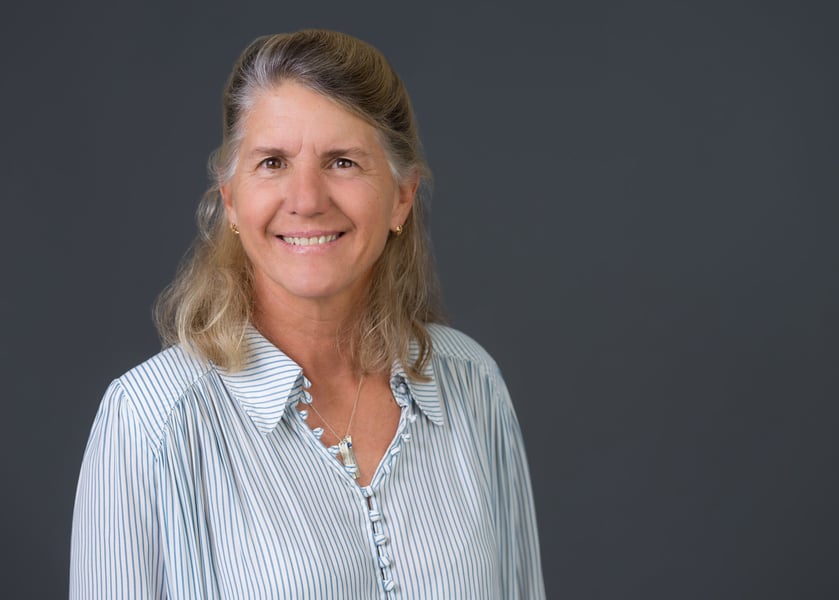

Over her career, Carolyn Taylor, founding partner of Weatherly Asset Management, has seen her trajectory change several times, with the biggest change occurring right at the beginning.
“I was overseas studying international relations with Stanford – I came back and added a second major in industrial engineering. That meant I [would] always be competent, proficient, and understand numbers – which comes in quite handy with the business.”
Now celebrating its thirtieth anniversary, Weatherly was born when Taylor was working with Neuberger Berman, where she navigated both institutional and wealth management landscapes. This experience revealed a gap in the market – high-net-worth individuals were crying out for personalized financial planning and investment services, something Weatherly was founded to provide.
Having been recognized multiple times by a myriad of organizations, Taylor believes the key to success lies in teamwork.
“In the early years, it felt really good to get some of the [individual] recognitions,” she says. “And even though some of the recognitions list individual names, you can’t do it by yourself. As the business has grown, [it’s been about] making sure that each of the partners and advisors elevates their level of education and thinking.
“Some of the proudest [moments] are when the firm is recognized because we’re creating something that helps elevate the client’s situation, their community, their family, their business – and that really moves the needle.”
Amid geopolitical uncertainties and the evolving demands of the wealth management industry, Taylor and her team employ a strategy that’s as rigorous as it is innovative.
“It’s not easy,” she explains. “It takes a lot of hard work. Each person on the team needs to continue to listen, read, learn, test, and try different things that work. It could be on [implementing new] technology, it could be on how to create the culture within our team so that they can bring new ideas – it’s all about staying fresh.”
Looking ahead to what the industry holds for firms in 2024, Taylor believes good leadership will determine who succeeds over those who don’t.
“We have expertise, we have knowledge, we have education – but it’s [about] continuing to have the enthusiasm to evolve the business and to work with clients at the level that they need. Whether that’s about their investments, their goals with their families, or with planning for the future – we need to continue to do that.”

Wealth managers highlight strategies for clients trying to retire before 65 without running out of money.

Shares of the online brokerage jumped as it reported a surge in trading, counting crypto transactions, though analysts remained largely unmoved.

President meets with ‘highly overrated globalist’ at the White House.

A new proposal could end the ban on promoting client reviews in states like California and Connecticut, giving state-registered advisors a level playing field with their SEC-registered peers.

Morningstar research data show improved retirement trajectories for self-directors and allocators placed in managed accounts.
Orion's Tom Wilson on delivering coordinated, high-touch service in a world where returns alone no longer set you apart.
Barely a decade old, registered index-linked annuities have quickly surged in popularity, thanks to their unique blend of protection and growth potential—an appealing option for investors looking to chart a steadier course through today's choppy market waters, says Myles Lambert, Brighthouse Financial.
